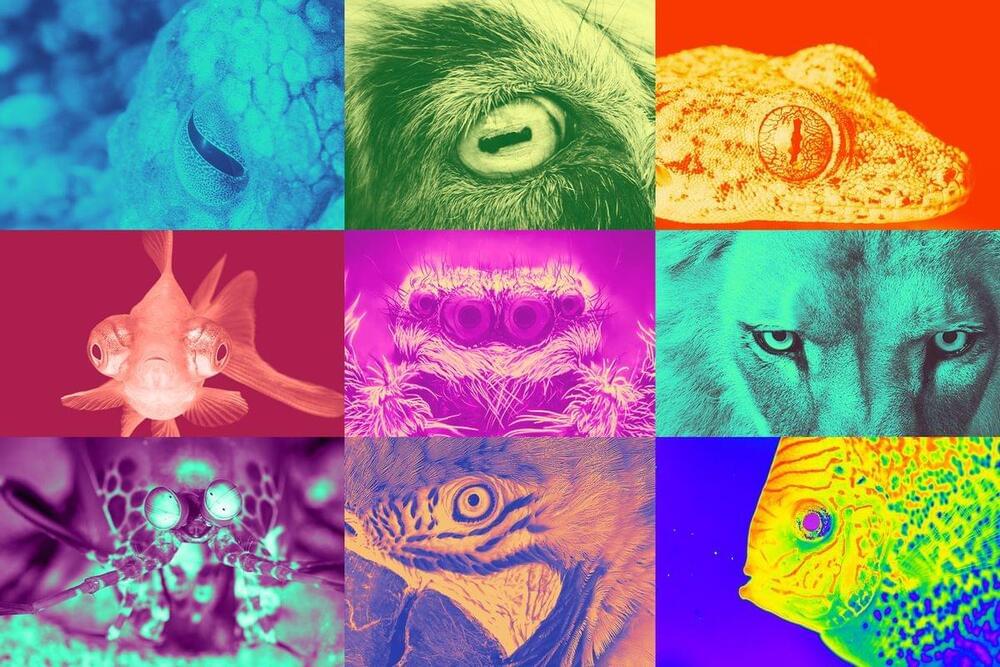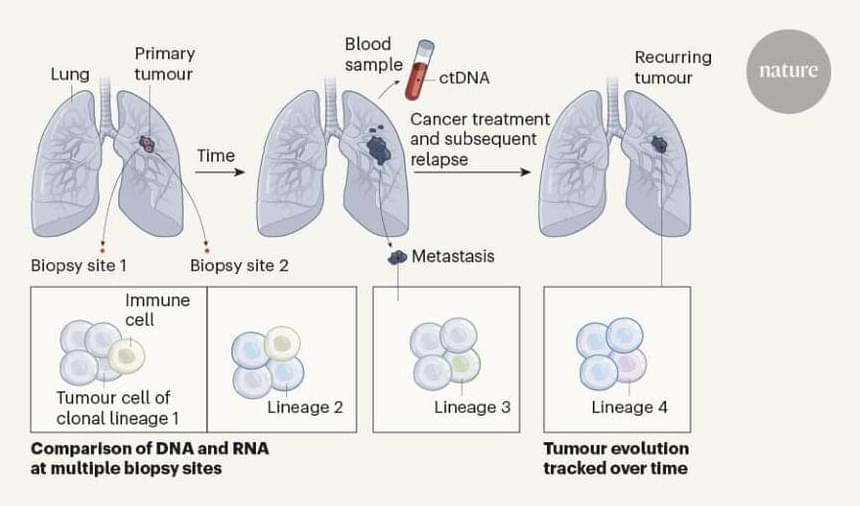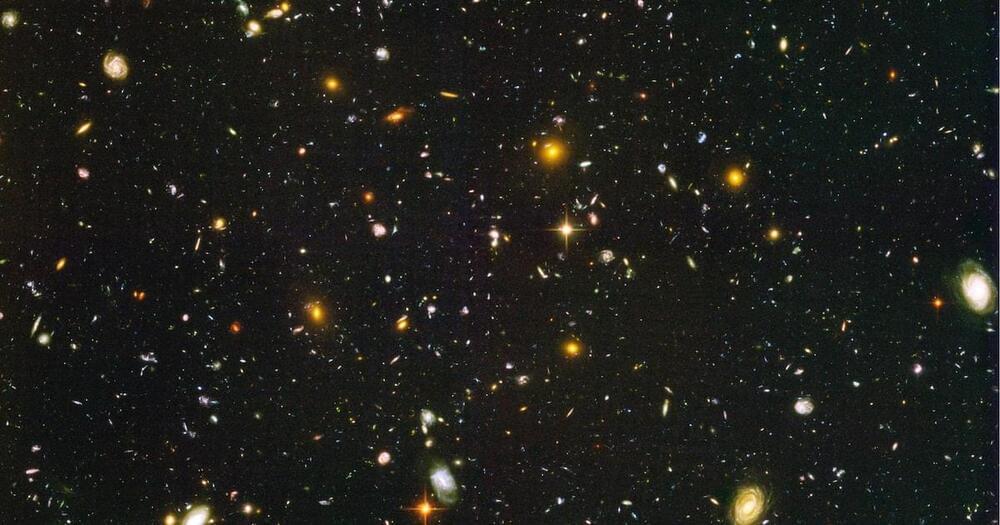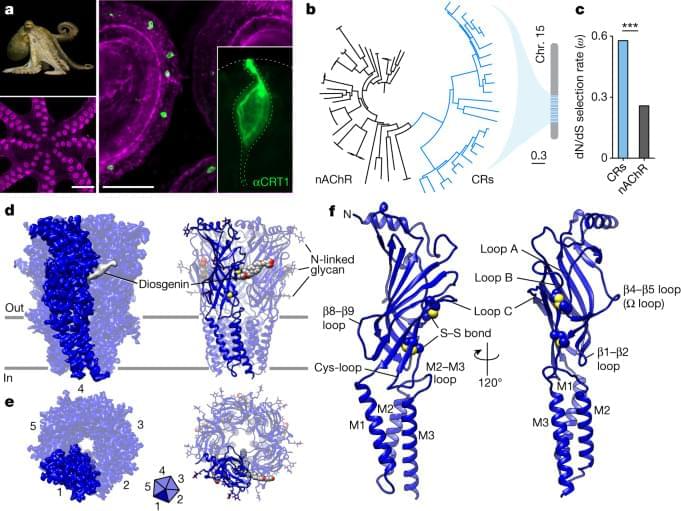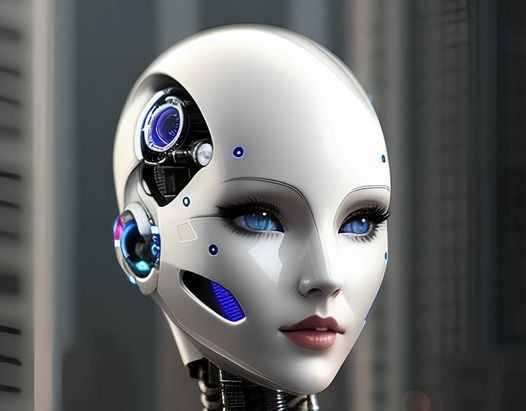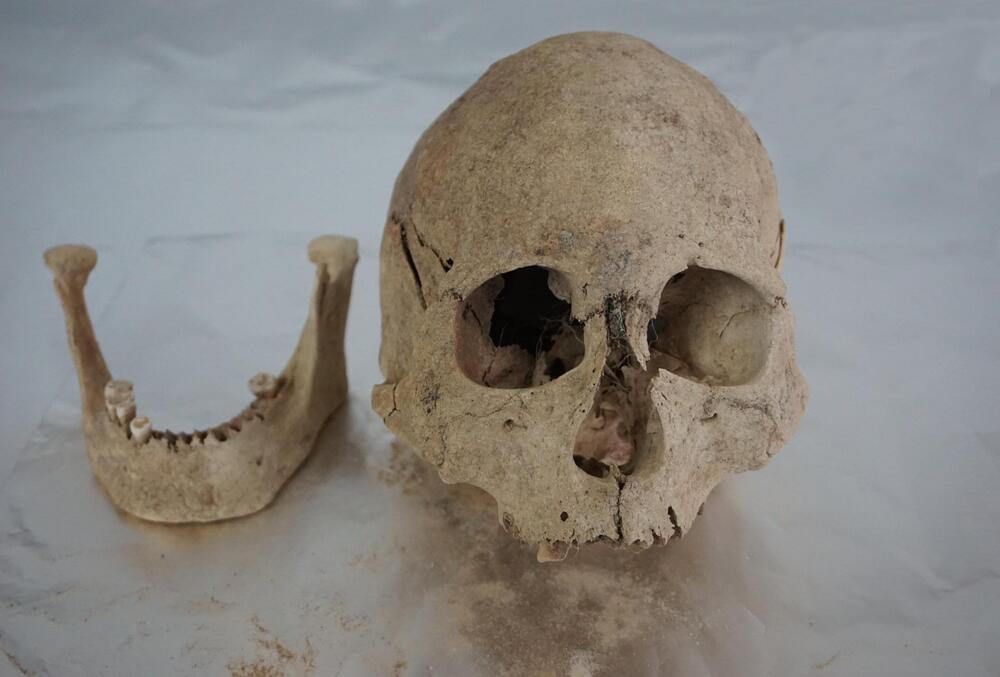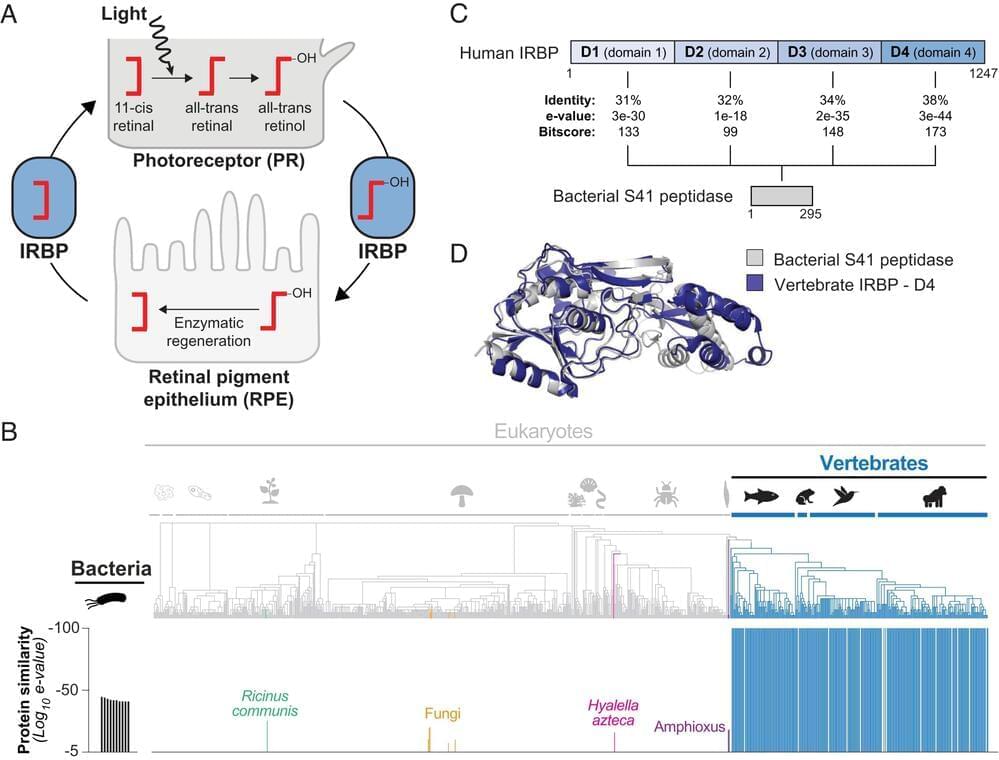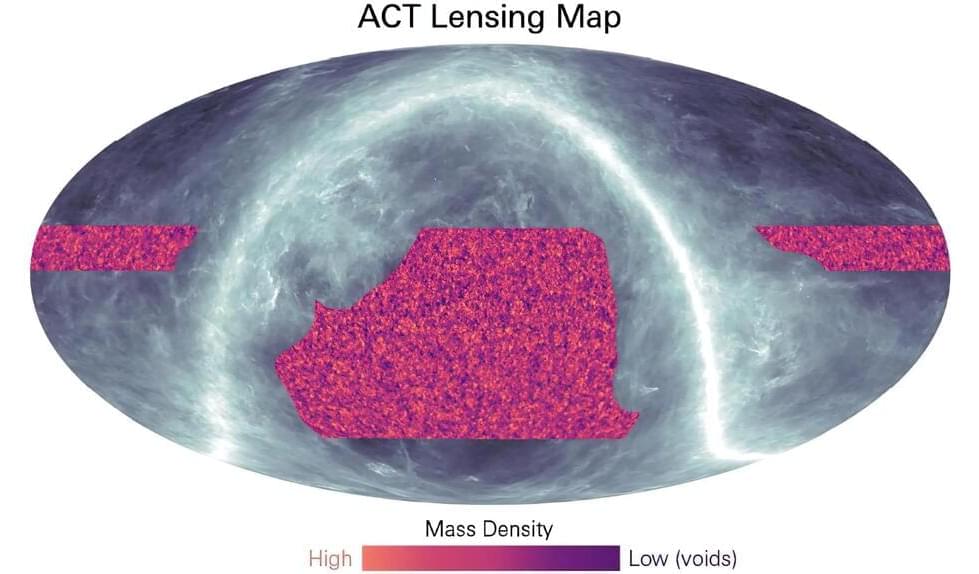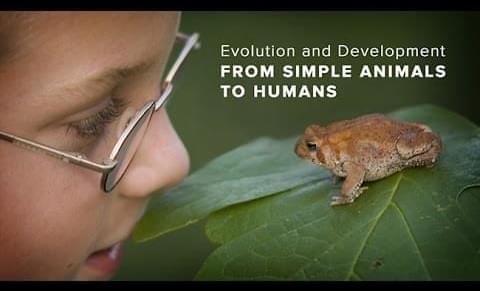Apr 17, 2023
We May Finally Know How Our Eyesight Evolved, And It’s Not From Our Branch of Life
Posted by Paul Battista in categories: biotech/medical, evolution
The evolution of the human eye has long been considered one of biology’s more challenging mysteries, drawing debate over the sequence of steps required to turn rudimentary sensitivity to light into a complex photographic system.
New research suggests some components of vertebrate vision may not have been shaped incrementally as their genes passed down family lines, but were ‘stolen’ from entirely different branches of life.
“At least one innovation that led to the current structure of vertebrate eyes did not occur from stepwise “tinkering” with genes that exist in other animals, but came from introduction of novel DNA from bacteria by horizontal gene transfer,” explains molecular biologist Matt Daugherty from the University of California, San Diego (UCSD) on Twitter.

